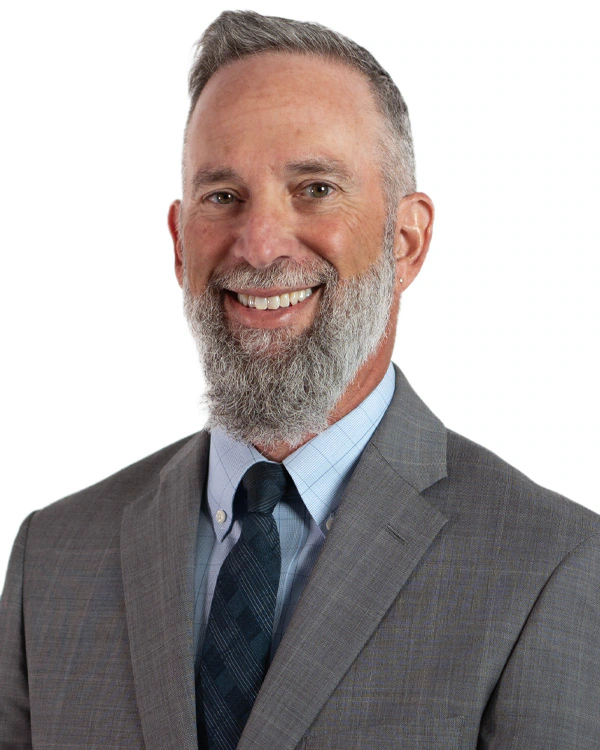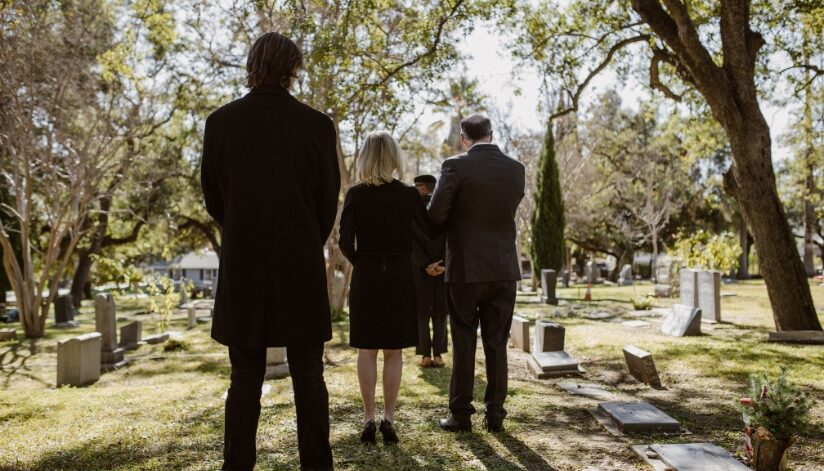Understanding Wrongful Death Claims In Wisconsin
By Howard Eglash, Personal Injury Attorney
Losing a loved one unexpectedly is one of the most devastating experiences a family can face. When the loss is caused by someone else’s negligence or wrongful actions, the emotional toll is matched by financial uncertainty, unanswered questions, and a need for accountability. Wrongful death claims exist to provide families with financial support and legal remedies during one of the hardest chapters of their lives.
For families in La Crosse, Sparta, and western Wisconsin, understanding how wrongful death claims work is an important first step in determining whether legal action is appropriate. Wisconsin law outlines who can bring a claim, what compensation may be available, and how the legal process works. While no amount of compensation can replace a loved one, pursuing a claim may help ease financial burdens and provide a sense of closure.
What A Wrongful Death Claim Is Under Wisconsin Law
Wisconsin defines wrongful death as a death caused by the wrongful act, neglect, or default of another person or entity. These claims arise from a wide range of situations, including:
- Car accidents caused by distracted or impaired driving
- Truck or motorcycle crashes
- Medical malpractice
- Workplace accidents caused by third parties
- Unsafe premises or property hazards
- Defective products
- Criminal acts leading to fatal injuries
A wrongful death claim is civil in nature, meaning its primary purpose is financial compensation rather than criminal penalties. In some cases, criminal charges may also be filed, but the two processes are separate.
Who Can File A Wrongful Death Claim In Wisconsin
State law restricts who has the legal right to bring a wrongful death claim. The order of priority generally includes:
- The surviving spouse or domestic partner
- Children of the deceased
- Parents or guardians
- The personal representative of the estate
If the deceased left behind minor children, Wisconsin law requires that a portion of the recovered damages be set aside for their benefit. This ensures financial support for dependent children who have lost a parent.
Because family structures vary, questions often arise about who can file, who receives compensation, and how conflicts between family members are addressed. Consulting an attorney helps clarify rights and responsibilities early in the process.
What Types Of Compensation Are Available
Wrongful death claims seek to compensate families for the financial and emotional losses caused by the death. While no amount of money can reverse the tragedy, compensation can provide stability during a difficult time. Damages may include:
Economic Damages
These compensate for measurable financial losses such as:
- Funeral and burial expenses
- Medical bills related to the fatal injury
- Lost financial support the deceased would have provided
- Loss of household services
If the deceased was a wage earner, the loss of income can have lifelong effects on surviving family members.
Non-Economic Damages
These address the emotional and relational losses that families suffer, including:
- Loss of companionship and society
- Emotional distress
- Loss of parental guidance for surviving children
Wisconsin places certain limits on non-economic damages depending on the type of case, making it important to understand how these caps may apply.
Survival Claims
In addition to a wrongful death claim, the estate may pursue a survival claim for the pain and suffering the deceased experienced before death. This is separate from the family’s damages and is handled through the estate.
How Wrongful Death Claims Are Proven
To succeed in a wrongful death claim, the family must prove that negligence or wrongful conduct directly caused the death. This usually involves showing:
- A duty of care existed
- The responsible party breached that duty
- The breach caused the fatal injury
- The family suffered damages as a result
Evidence may include accident reports, medical records, expert testimony, witness statements, photographs, surveillance footage, and financial documentation. Because critical evidence can disappear quickly after an accident, starting the investigation early is important.
How Long Families Have To File A Wrongful Death Claim
Wisconsin has strict deadlines called statutes of limitations. In most wrongful death cases, the family has three years from the date of death to file a claim. However, certain cases—such as those involving medical malpractice or government entities—may have different deadlines.
Missing the deadline can prevent the family from recovering any compensation, no matter how strong the case may be. Consulting an attorney as soon as possible helps ensure the claim is filed on time.
Common Situations That Lead To Wrongful Death Claims
While every case is unique, some scenarios appear more frequently in wrongful death claims:
Fatal Car And Motorcycle Accidents
High-speed roadways, distracted drivers, impaired driving, and motorcycle vulnerabilities often contribute to fatal injuries.
Medical Errors
Diagnostic mistakes, surgical errors, medication issues, or inadequate care may result in preventable deaths.
Workplace Accidents Involving Third Parties
While workers’ compensation covers workplace injuries, third-party negligence—such as faulty equipment or subcontractor mistakes—may create grounds for a wrongful death claim.
Dangerous Property Conditions
Falls, unsafe staircases, poor lighting, and negligent security can lead to fatal accidents on commercial or residential properties.
Defective Products
Unsafe machinery, auto defects, or consumer product failures may result in liability for manufacturers or distributors.
Understanding the source of the negligence helps determine who is legally responsible and which insurance or corporate entities may be involved.
How An Attorney Supports Families Through The Process
Wrongful death cases often involve insurance companies, complex investigations, and significant financial stakes. A personal injury attorney helps families by:
- Investigating the cause of death
- Gathering evidence and interviewing witnesses
- Identifying all responsible parties
- Calculating the full value of damages
- Negotiating with insurance companies
- Filing a lawsuit when necessary
Families should focus on healing while their attorney handles the legal and procedural challenges.
Taking The Next Step After A Tragic Loss
Losing a loved one unexpectedly is life-changing, and no legal process can undo the harm. But pursuing a wrongful death claim can provide financial stability, hold the responsible party accountable, and give families a sense of closure.
If someone’s negligence caused the loss of your loved one in La Crosse, Sparta, or western Wisconsin, the wrongful death attorneys at Bosshard Parke are here to help you understand your options, evaluate your claim, and move forward with confidence.
Disclaimer: This blog post is for informational purposes only and does not constitute legal advice. For personalized guidance, please consult an attorney at Bosshard Parke.
Article by Howard Eglash, personal injury attorney at Bosshard Parke Ltd. For more information, contact him at 608-782-1469.





